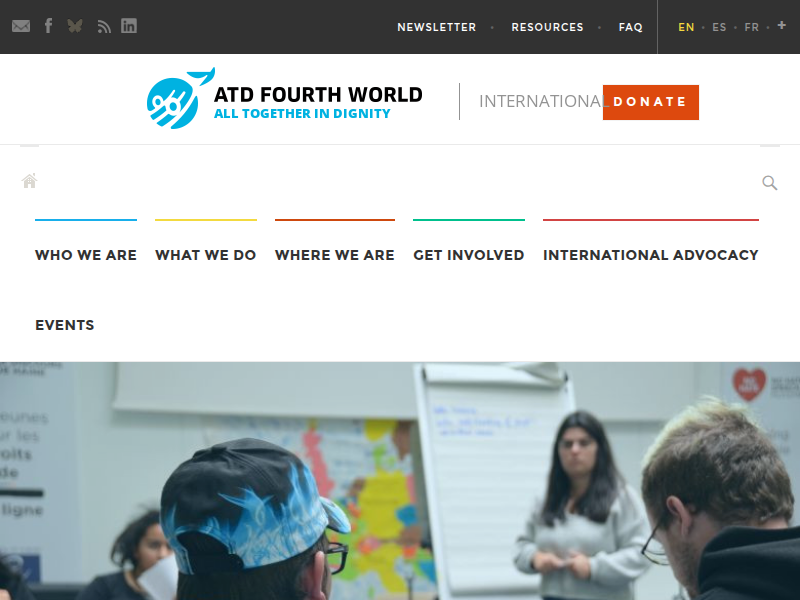Wresinski and the ATD Archives – ATD Fourth World https://www.atd-fourthworld.org/joseph-wresinski-archives/
An ATD intern reflects on a summer immersed in the Joseph Wresinski archives. She found a vision that is still valid today.
This is why I have confidence in you.

